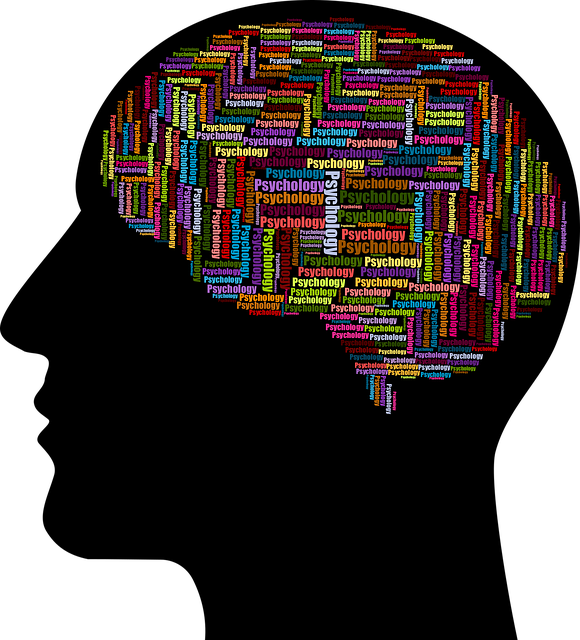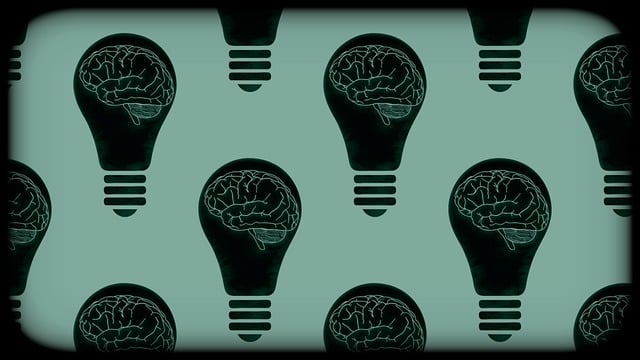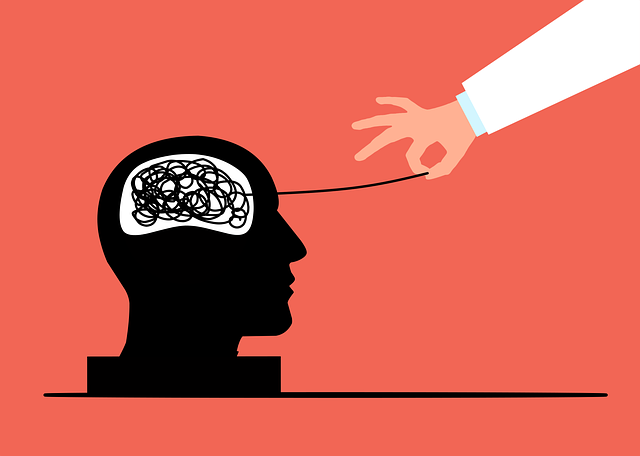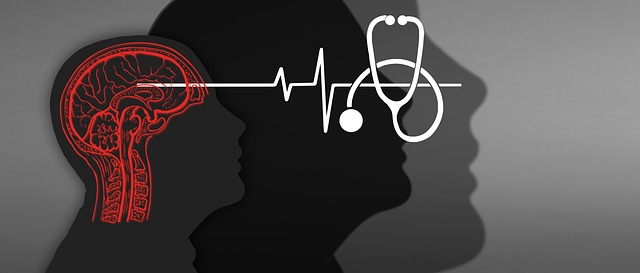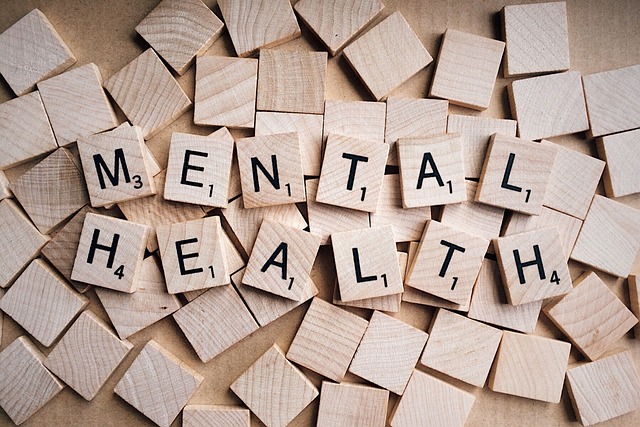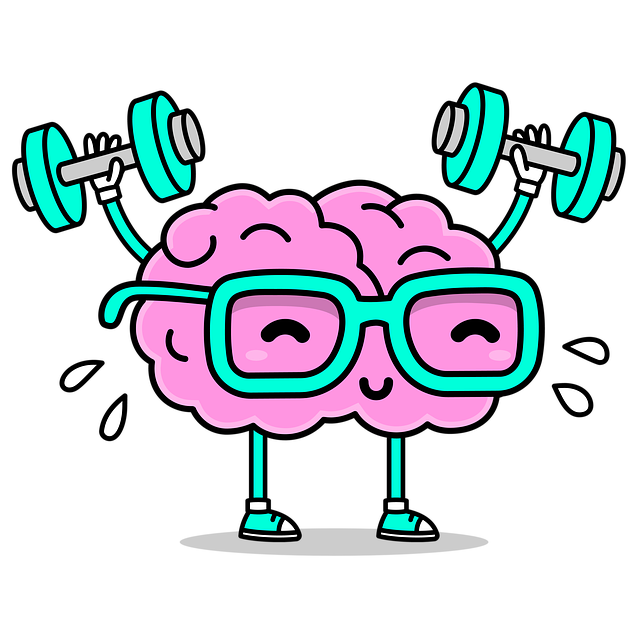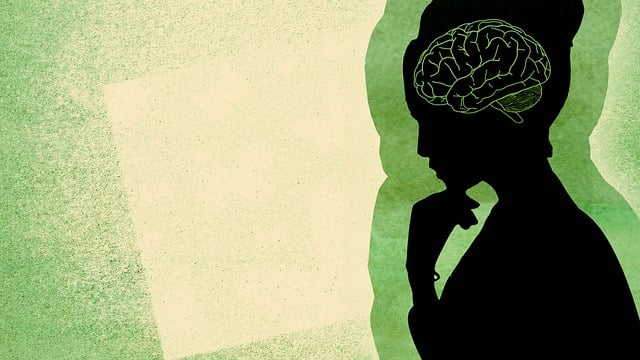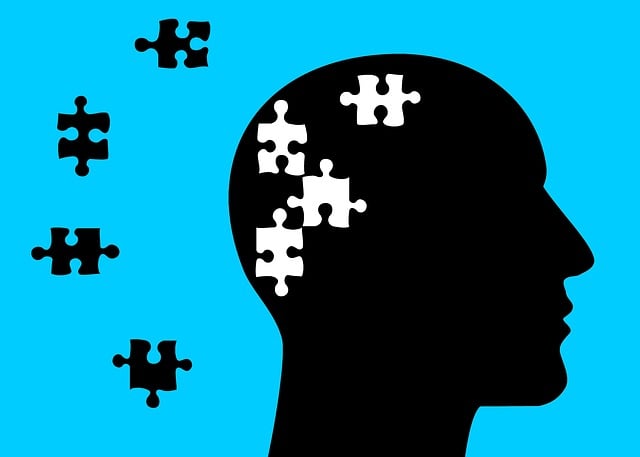Englewood ADD-ADHD Therapy emphasizes self-care as a powerful tool for managing ADHD/ADD symptoms, improving overall well-being, and fostering mental health. By prioritizing physical, mental, and emotional health through activities like exercise, mindfulness, time management, and community outreach, individuals can enhance focus, reduce impulsivity, and manage conditions like depression. Self-discovery is key to tailoring self-care routines, leading to better crisis intervention and positive thinking. Integrating evidence-based programs and holistic practices, Englewood ADD-ADHD Therapy empowers clients to take control of their daily lives and achieve a more balanced lifestyle.
Self-care practices play a pivotal role in managing Attention Deficit Disorder (ADD) and ADHD, offering individuals tools to navigate their symptoms effectively. This article guides you through enhancing self-care routines, starting with understanding their significance for ADD/ADHD management. We explore identifying personal needs, practical strategies for daily integration, and the supportive role of Englewood ADD-ADHD Therapy in optimizing these practices. By implementing these steps, you can foster well-being and improve overall quality of life.
- Understanding Self-Care and its Significance for ADD-ADHD Management
- Identifying Personal Needs: A Key Step in Enhancing Self-Care Routines
- Practical Strategies for Integrating Self-Care into Daily Life
- The Role of Englewood ADD-ADHD Therapy in Optimizing Self-Care Practices
Understanding Self-Care and its Significance for ADD-ADHD Management

Self-care is a vital practice that often gets overlooked, especially for individuals living with Attention Deficit Hyperactivity Disorder (ADHD) or ADD. In the context of Englewood ADD-ADHD Therapy, recognizing and prioritizing self-care can significantly enhance one’s ability to manage symptoms and improve overall well-being. It involves taking an active role in maintaining and restoring balance within oneself, addressing physical, mental, and emotional health needs.
Understanding self-care is crucial in managing ADHD as it provides tools for conflict resolution techniques, which are essential when navigating daily challenges. By incorporating activities like regular exercise, mindfulness practices, and effective time management strategies into their routines, individuals with ADD/ADHD can reduce symptoms of restlessness, impulsivity, and difficulty focusing. Moreover, engaging in community outreach program implementation and mental illness stigma reduction efforts through self-care can foster a sense of belonging and support, contributing to improved mental health outcomes.
Identifying Personal Needs: A Key Step in Enhancing Self-Care Routines

Identifying your personal needs is a fundamental step in enhancing your self-care routines. It’s akin to navigating a labyrinth—you won’t find your way out if you don’t know where you’re going. This process involves introspection and awareness of both physical and emotional cues your body sends. It could be as simple as recognizing you need more sleep, or understanding that certain activities trigger stress and anxiety.
Englewood ADD-ADHD Therapy emphasizes the importance of this step, encouraging individuals to delve into their unique needs rather than adopting a one-size-fits-all approach. By prioritizing self-discovery, you can tailor your self-care practices to effectively manage conditions like depression or foster positive thinking. Crisis intervention guidance and depression prevention strategies become more impactful when aligned with your personal landscape.
Practical Strategies for Integrating Self-Care into Daily Life

Integrating self-care into daily life is a crucial step towards enhancing overall well-being, and it’s never too late to start. For individuals managing conditions like ADD-ADHD in Englewood, incorporating specific practices can be transformative. One practical strategy involves setting dedicated time for self-reflection and relaxation, such as 15 minutes each morning or evening for mindfulness exercises or journaling. This creates a sense of calm and clarity, allowing better focus throughout the day.
Additionally, establishing consistent routines for physical activity, healthy eating, and sufficient sleep significantly contributes to self-care. Engaging in regular exercise not only improves physical health but also boosts mood and reduces stress levels. Community outreach programs focused on mental health awareness can further support individuals in developing coping skills and fostering a sense of belonging. Self-esteem improvement is another key aspect; encouraging positive self-talk and setting achievable goals can empower individuals to embrace self-care as an integral part of their lives.
The Role of Englewood ADD-ADHD Therapy in Optimizing Self-Care Practices

Englewood ADD-ADHD Therapy plays a pivotal role in empowering individuals to optimize their self-care practices. By focusing on attention and behavioral patterns, this therapy helps clients develop coping strategies that are tailored to their unique needs. Through structured programs designed to address Attention Deficit Disorder (ADD) and Attention Deficit Hyperactivity Disorder (ADHD), Englewood ADD-ADHD Therapy offers a holistic approach to mental health education.
This specialized treatment goes beyond symptoms management by teaching essential skills for stress management and depression prevention. By integrating evidence-based techniques, clients gain better control over their daily routines, enhancing their ability to prioritize self-care activities such as exercise, mindfulness, and adequate sleep. The result is a more balanced lifestyle that promotes overall well-being and improves the quality of life for individuals seeking to optimize their self-care practices.
Incorporating self-care practices is a game-changer for managing ADD-ADHD, and with the right strategies and support, it can become an integral part of daily life. The article has explored the significance of understanding and prioritizing self-care, emphasizing its impact on overall well-being. By identifying personal needs and implementing practical strategies, individuals with ADD-ADHD can optimize their routines. Englewood ADD-ADHD Therapy serves as a valuable resource, offering tailored guidance to enhance self-care practices, ultimately fostering a more balanced and fulfilling life.


